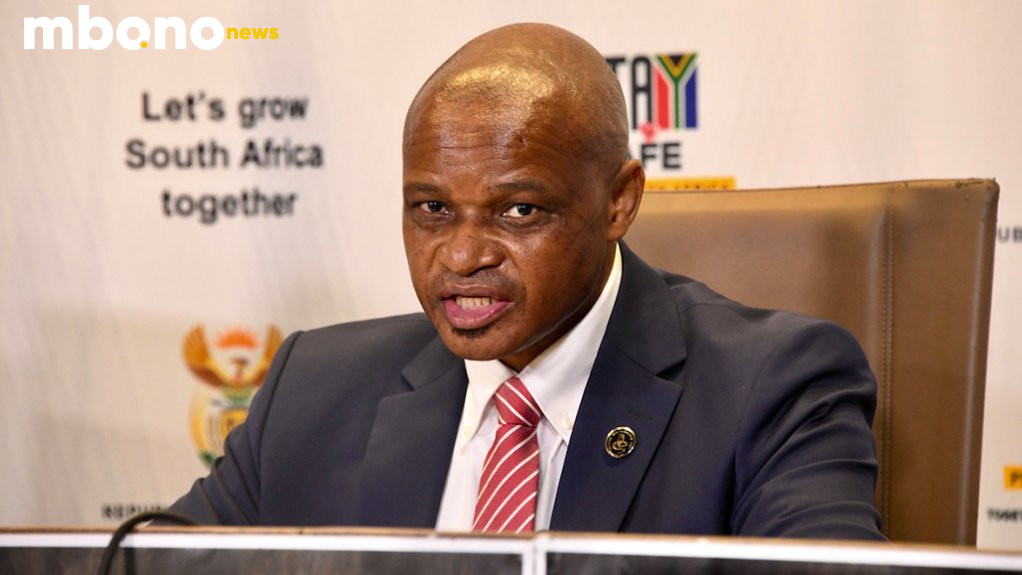Johannesburg, South Africa — The Independent Communications Authority of South Africa (ICASA) has officially launched an investigation into Starlink, the satellite internet service operated by Elon Musk’s SpaceX, over allegations that it is operating illegally within the country.
At the heart of the probe are claims that Starlink kits are being imported and sold through grey market channels, allowing users to bypass South Africa’s strict telecom licensing laws. These include requirements that service providers hold local operating licenses and allocate at least 30% equity to historically disadvantaged groups.
ICASA confirmed that it has contacted SpaceX for clarification and is currently awaiting an official response. Inspection teams have already been dispatched for on-the-ground verification, and the regulator has signaled the possibility of escalating the issue to the International Telecommunication Union (ITU) should it find violations.
“If breaches of the law or regulatory frameworks are discovered, ICASA will not hesitate to take appropriate enforcement action,” the authority said in a statement.
Political Pressure and Regional Disparity
The investigation follows mounting political pressure, particularly from MP Nhlamulo Ndhlela, who raised concerns that Starlink is being accessed by South Africans through unauthorized resellers, despite lacking the legal right to operate in the country.
While Starlink is officially licensed in several African nations, including Nigeria, Kenya, and Zambia, it has yet to obtain authorization in South Africa—a situation that has sparked debate about the country’s readiness for global tech innovations versus its need to protect local economic equity.
Balancing Innovation and Regulation
As South Africa battles to close its digital divide, particularly in rural areas desperate for fast, reliable internet, the Starlink controversy is shedding light on the tension between tech accessibility and regulatory compliance.
The outcome of ICASA’s investigation could set a critical precedent for how South Africa—and possibly other countries—deal with global satellite internet providers looking to enter regulated markets through backdoor means.
For now, Starlink’s future in South Africa hangs in the balance, and all eyes are on ICASA as it weighs innovation against legality.
